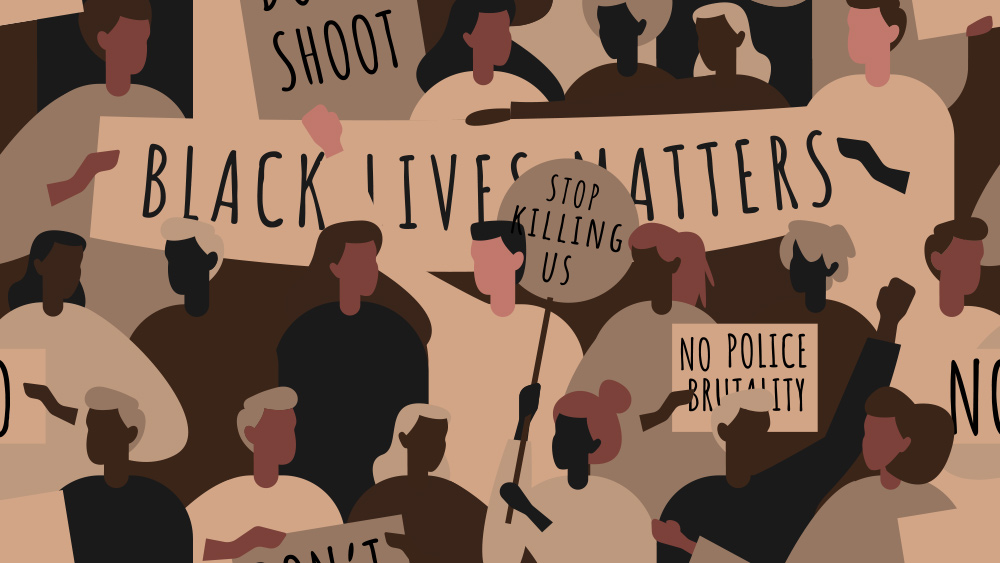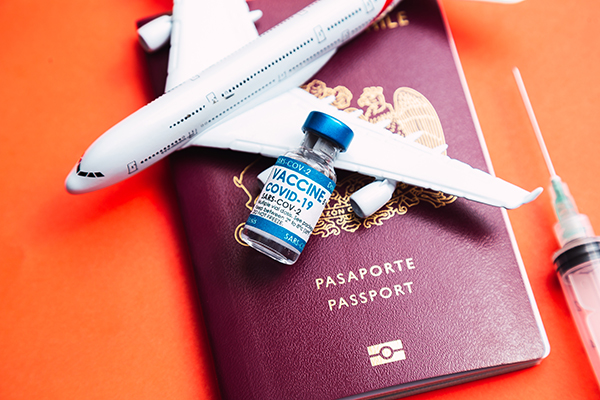
Former NFL player Shane Olivea has gone public with his own story of addiction to Vicodin, a commonly-prescribed opioid pain medication. Olivea’s dependence on Vicodin cost him his NFL career and nearly killed him, but now – after eight years of staying clean – the ex-San Diego Charger wants to help others with similar struggles and has dreams of becoming a college football coach.
At the height of his addiction, Olivea was consuming as many as 125 Vicodin pills per day. He eventually moved on to OxyContin, an even more powerful opioid painkiller. (RELATED: Read more news on risks of modern medicine at Medicine.news)
Former San Diego Charger spent more that half a million dollars on painkillers
He said he spent nearly $584,000 on painkillers during the period when he was addicted – all of it in cash.
Although many NFL players develop painkiller dependence after being prescribed opioids by team doctors, Olivea doesn’t blame the Chargers for his addiction problems.
From The Columbus Dispatch:
“He said he didn’t get the pills from the Chargers. He had his own sources, including one across the nearby border in Mexico. He would park his car at an Arby’s, call a taxi driver he knew and pay him $100 to go to a Tijuana ‘pharmacy.’
“‘You could buy anything you want if you had cash, Olivea said. ‘I’d go buy a couple hundred Vicodin, or by then I’d progressed to Oxycontin.’
“He said he bought 80-milligram Oxycontin pills and cut them into eighths. The Chargers typically played the later game on Sundays, so he’d watch pregame shows while snorting slivers of pills before driving to the stadium.”
During his college career and 2004 rookie year in the NFL, Olivea avoided using any painkillers. But his first season with the Chargers left him exhausted and in pain, so when a friend offered him some Vicodin, he accepted – and became hooked almost immediately.
“There wasn’t one day in the NFL I wasn’t high on a pill after my rookie year,” he said.
Olivea managed to remain functional at first, despite his growing addiction. Going into his third season, he received a $7.5 million signing bonus along with his contract extension.
But by the fourth season, in 2007, the addiction had begun to take its toll. Olivea gained weight, became distant from teammates and began having problems with coaches and team management. By the end of the season, he was benched.
An intervention organized by Olivea’s family that included the presence of friends and teammate/mentor Roman Oben was the catalyst that led to the beginning of his recovery – Olivea checked into the Betty Ford Clinic that same day.
"A walking miracle"
When he confessed to clinic doctors how many pills he had been swallowing per day, they were stunned. “They both looked at me and said we’ve never seen anybody living with that amount of opioids in you. You’re literally a walking miracle,” he recalled.
After his recovery, Olivea unsuccessfully tried to revive his career, but he recently graduated from Ohio State with a degree in sport industry.
Now, he wants to put the lessons he learned from his addiction ordeal and the following eight years of sobriety to good use. Even though he has never coached before, he feels that his experience as a player will help him “on and off the field,” and he’s certain he can help other players deal with the same struggle he faced.
“I know the behavior. I know the tendencies. I know what he’s going to do,” he said. “I’ll be able to notice somebody going down that slippery path and maybe catch them.”
Sources:
Please contact us for more information.























